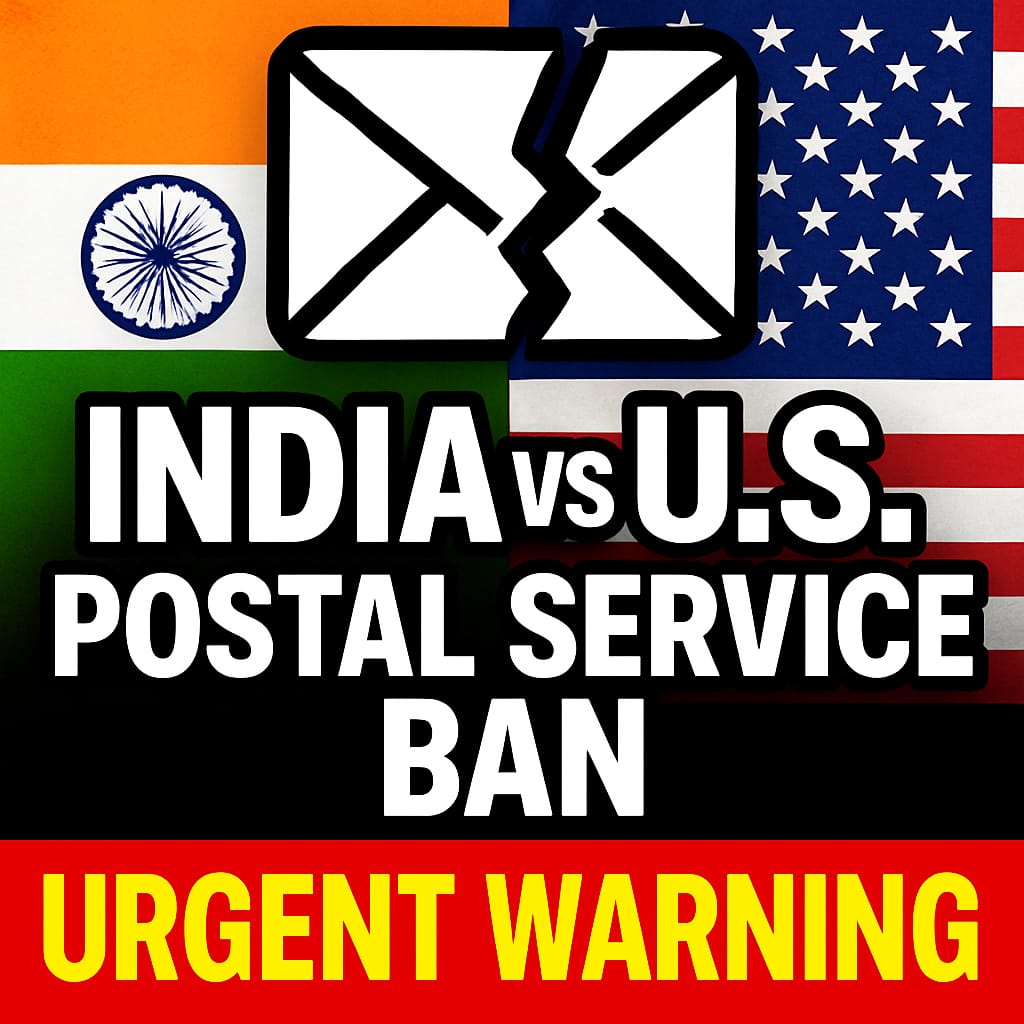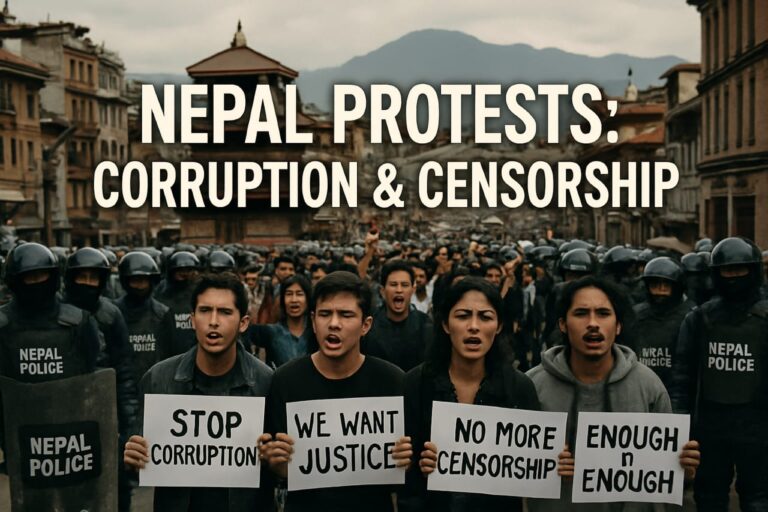India has recently made headlines by suspending its postal services to the United States, a move that has critical implications for individuals, businesses, and diplomatic relations between the two countries.

The Background: What Triggered the Suspension
The catalyst for this sweeping suspension is an executive order signed by the US government under President Donald Trump on July 30th, which eliminated the “de minimis” exemption for inbound parcels. Previously, parcels valued up to $800 sent from countries like India to the US could be delivered duty-free, simplifying cross-border shipping for gifts, essentials, and small business products. With the new order, every item—regardless of value—faces mandatory customs duties and taxes.
Confusion Over Tariff Collection
One main issue is ambiguity regarding who collects these duties and where the money goes. The Trump administration’s order stipulates that tariffs must be collected at the origin (India), but there’s no clear mechanism for how the money should be transferred to US customs. This lack of clarity puts both India Post and airlines in a difficult position—sending parcels to the US risks them being rejected or destroyed upon arrival for non-compliance.
India’s Response: Temporary Suspension
India Post, the government-operated postal service, suspended all outbound services to the US starting August 25, 2025, except for three categories: regular letters, legal documents, and items valued under $100[1]. This is a preventive, temporary measure until the mechanics of tariff collection and compliance with US customs rules become clearer[1].
Global Ripple Effect
Notably, India is not alone. Several major countries, including Germany, France, Belgium, the UK, Singapore, South Korea, Canada, and Japan, have also halted their postal deliveries to the US. International media refers to this as a “global postal blockade,” reflecting the unpreparedness in implementing such abrupt tariff changes.
Who Does This Impact?
- Students and Families: Indian students in the US and families celebrating festivals such as Raksha Bandhan and Diwali are unable to send or receive gifts, books, medicines, or other essentials as easily as before.
- Small Businesses:E-commerce entrepreneurs, artisans, and exporters who relied on India Post to send affordable goods like handicrafts, garments, and jewelry now face major disruptions.
- Private Couriers: While services like DHL and FedEx remain an option, their costs are two to four times higher, making them unaffordable for many small enterprises and families.
Economic and Diplomatic Implications
The financial impact on India Post itself is significant, with reduced revenue from halted international shipping. On a broader scale, these tariff-related disruptions reflect deepening trade tensions and can harm people-to-people ties, not just economic exchange.
What’s Next?
India is actively engaging in dialogue with US authorities and international postal organizations to clarify customs collection procedures. The suspension is expected to be lifted once processes are streamlined and clear exemptions are possibly negotiated, especially for critical items like student parcels and medicines.
In the meantime, India Post has assured customers that refunds are available for parcels already submitted that cannot be delivered.



